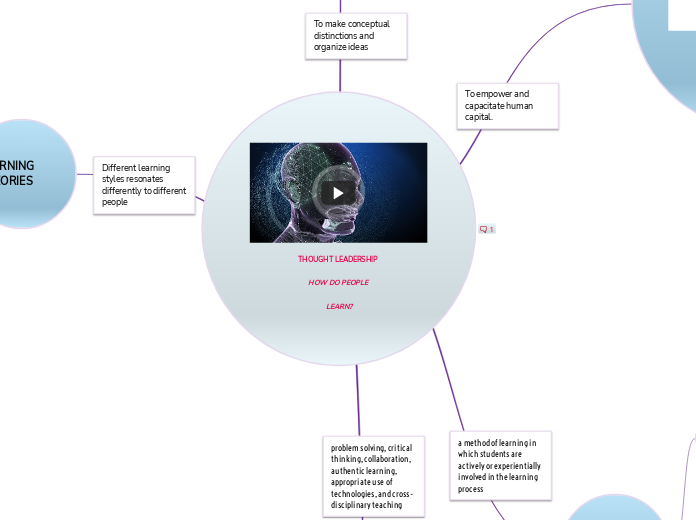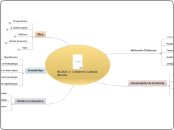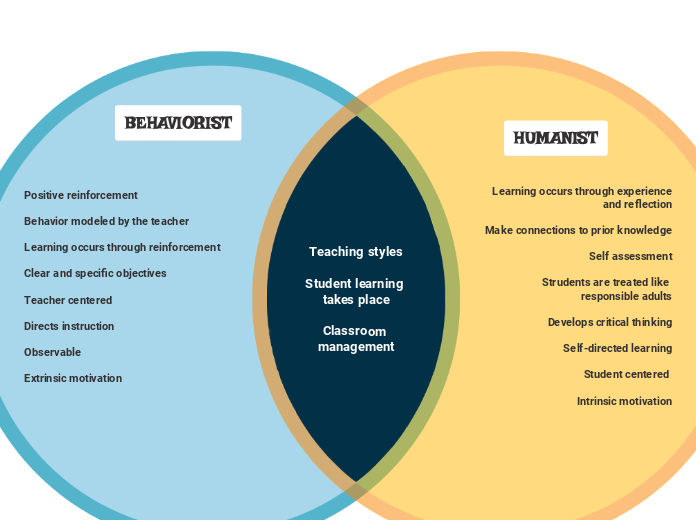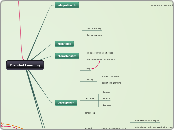a method of learning in which students are actively or experientially involved in the learning process
problem solving, critical thinking, collaboration, authentic learning, appropriate use of technologies, and cross-disciplinary teaching
To empower and capacitate human capital.
To make conceptual distinctions and organize ideas
Different learning styles resonates differently to different people
THOUGHT LEADERSHIP HOW DO PEOPLE LEARN?
.
Thought leaders are the informed opinion leaders and the go-to people in their field of expertise. They become the trusted sources who move and inspire people with innovative ideas; turn ideas into reality, and know and show how to replicate their success
21st CENTURY LEARNING
4IR tools and Emerging Technologies
Virtual Reality
the computer-generated simulation of a three-dimensional image or environment that can be interacted with in a seemingly real or physical way by a person using special electronic equipment, such as a helmet with a screen inside or gloves fitted with sensors.
Augmented Reality
a technology that superimposes a computer-generated image on a user's view of the real world, thus providing a composite view.
Artificial Intelligence
AI which stands for artificial intelligence refers to systems or machines that mimic human intelligence to perform tasks and can iteratively improve themselves based on the information they collect.
LEARNING THEORIES
Connectivism
a theoretical framework for understanding learning in a digital age
Behaviourism
Behaviorism is primarily concerned with observable and measurable aspects of human behavior.
Humanism
Humanism is a paradigm / philosophy / pedagogical approach that believes learning is viewed as a personal act to fulfill one’s potential.
Cognitivism
Constructivism
Constructivism as a paradigm or worldview posits that learning is an active, constructive process. The learner is an information constructor. People actively construct or create their own subjective representations of objective reality. New information is linked to to prior knowledge, thus mental representations are subjective
CONCEPTUAL FRAMEWORKS
https://educationaltechnology.net/technological-pedagogical-content-knowledge-tpack-framework/
SAMR MODEL
TPACK MODEL
ACTIVE LEARNING
EXPERIENTIAL LEARNING
Reflective Observation
Noticing what happened and relating to past experience and conceptual understanding.
Abstract Conceptualisation
Distilling perceptions into abstract concepts.
Active Experimentation
Testing new ideas; honing new skills in a new experience.
Concrete Experience
Engaging directly in authentic situation.
VISUAL LEARNING
Engaging and Fun
Improves memory
Inspires and boosts creativity
Develops high-order Thinking skills
Better subject overview
Better Understanding
Increases retention
CONTINUOUS PROFESSIONAL DEVELOPMENT
CPD combines different methodologies to learning, such as training workshops, conferences and events, e-learning programs, best practice techniques and ideas sharing, all focused for an individual to improve and have effective professional development.









